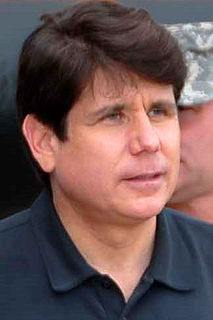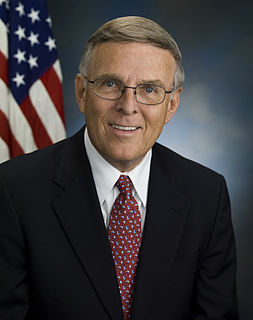A Quote by Jacob Rees-Mogg
Free Trade puts consumers at the centre of economic activity. It lowers the cost of imports, which gives people the opportunity to buy more with the same amount of money: domestic producers have to compete with the lowest global costs or invest in new business.
Related Quotes
The capitalist system of production is an economic democracy in which every penny gives a right to vote. The consumers are the sovereign people. The capitalists, the entrepreneurs, and the farmers are the people's mandatories. If they do not obey, if they fail to produce, at the lowest possible cost, what
Obviously, consideration of costs is key, including opportunity costs. Of course capital isn't free. It's easy to figure out your cost of borrowing, but theorists went bonkers on the cost of equity capital. They say that if you're generating a 100% return on capital, then you shouldn't invest in something that generates an 80% return on capital. It's crazy.
This is tremendous. The labels have been saying all along that they can't compete with free, but there is a way to compete with free: high value content that's virus- free and gives people the chance to be first in line to buy expensive concert tickets. This is like loyalty clubs at the supermarkets.
I believe investors should invest for the long run, so I don't buy and sell. I usually maintain the classic index of global equities, diversified U.S. and global and emerging markets, and when the risk is larger, I diminish the amount in global equities and put more into liquid assets - but very irregularly.
A cap and trade bill will likely increase the costs of electricity. . . . These costs will be passed on to the consumers. But the issue is, how does it actually...how do we interact in terms with the rest of the world? If other countries don't impose a cost on carbon, then we would be at a disadvantage. . . . We should look at considering duties that would offset that cost.
This country lacks the backbone and the spine and the will to demand fair trade and stand up for our products. If our producers can't compete, shame on us. Then we lose. But requiring our producers to compete when the game is rigged, saying our producers ought to compete, when foreign markets are closed to us, is fundamentally wrong.

































